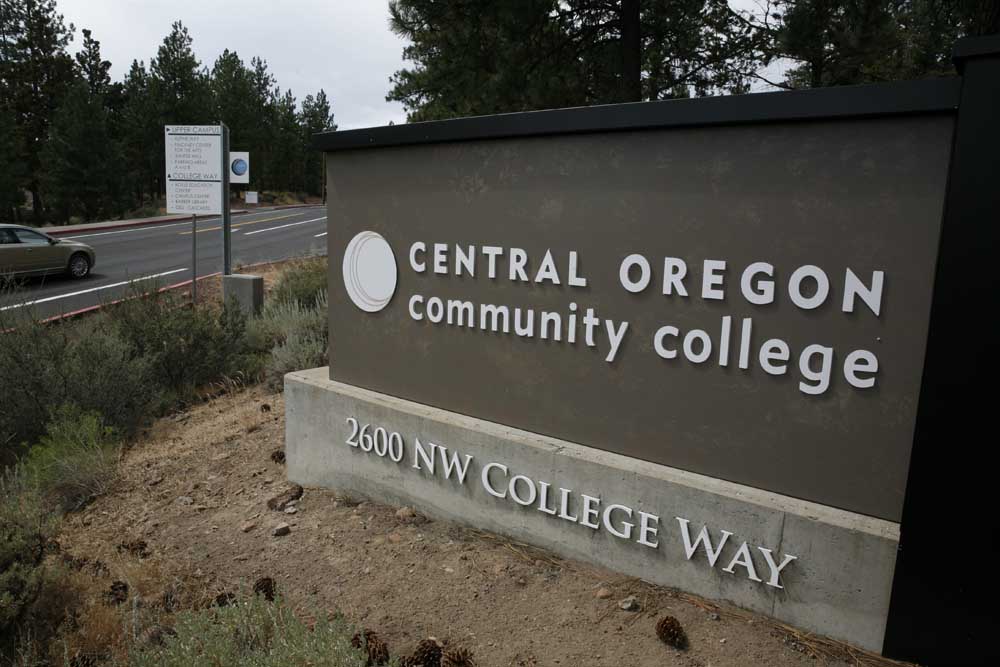COCC takes Veterans Administration to court to clarify findings
Published 4:00 pm Saturday, April 11, 2020

- Central Oregon Community College
A dispute between Central Oregon Community College and the U.S. Department of Veterans Affairs spilled into court, with the Bend college alleging the VA is attempting to assess a debt COCC doesn’t owe and has refused to follow its own procedure and listen to an appeal.
The complaint, filed Friday in Federal District Court in Eugene, alleges the VA believes COCC overpaid student veterans in its aviation program $2.9 million between 2015 and 2017.
School officials dispute the debt and claim they tried unsuccessfully for three years to meet with the VA to correct the errors. The lawsuit asks a judge to order the VA to follow appropriate review procedures, which the school claims it has refused to do.
COCC President Laurie Chesley told The Bulletin the school is out of options.
“I’ve had a long career in higher education and I have never experienced anything like this,” she said.
“It is remarkable in my experience, and tremendously disappointing.”
Representatives of the VA did not respond to multiple requests for comment.
Around 400 of COCC’s 4,500 students are military veterans. About 150 of those vets take part in the school’s aviation program, which prepares students for certification as pilots of either helicopters or fixed-wing aircraft.
The federal government, in the form of the VA, pays COCC for vets to receive certain benefits, like books, housing and tuition.
Community colleges that receive VA funding are subject to annual audits, called compliance surveys. Several years ago, the VA began performing separate compliance surveys for aviation students.
The school claims the VA made several high-level findings related to the dispersal of veterans benefits to aviation students, but did not offer guidance on how the new findings would apply to existing programs.
The findings were so broad, the school was unsure how they would be applied, according to Alicia Moore, COCC vice president of student affairs.
The school began receiving debt notices for individual students, stating the school owes the VA for overpaying the students.
Moore said the school brought the notices to the VA’s attention and were told to not respond. So the school sat on the notices for several months before a meeting was held between school and government officials.
After the meeting, the VA issued the school a list of 31 findings alleging a total of $2.9 million was overpaid to student veterans. But the findings were “vague” and the school would spend the next two and years seeking clarity, Moore said.
“What’s puzzling to us is that we’ve had years and years of audits prior to this regarding our aviation program, with no findings,” she said.
COCC says it’s not alone. According to the suit, the VA believes Oregon community colleges collectively overpaid students $12 million between 2015 and 2017.






